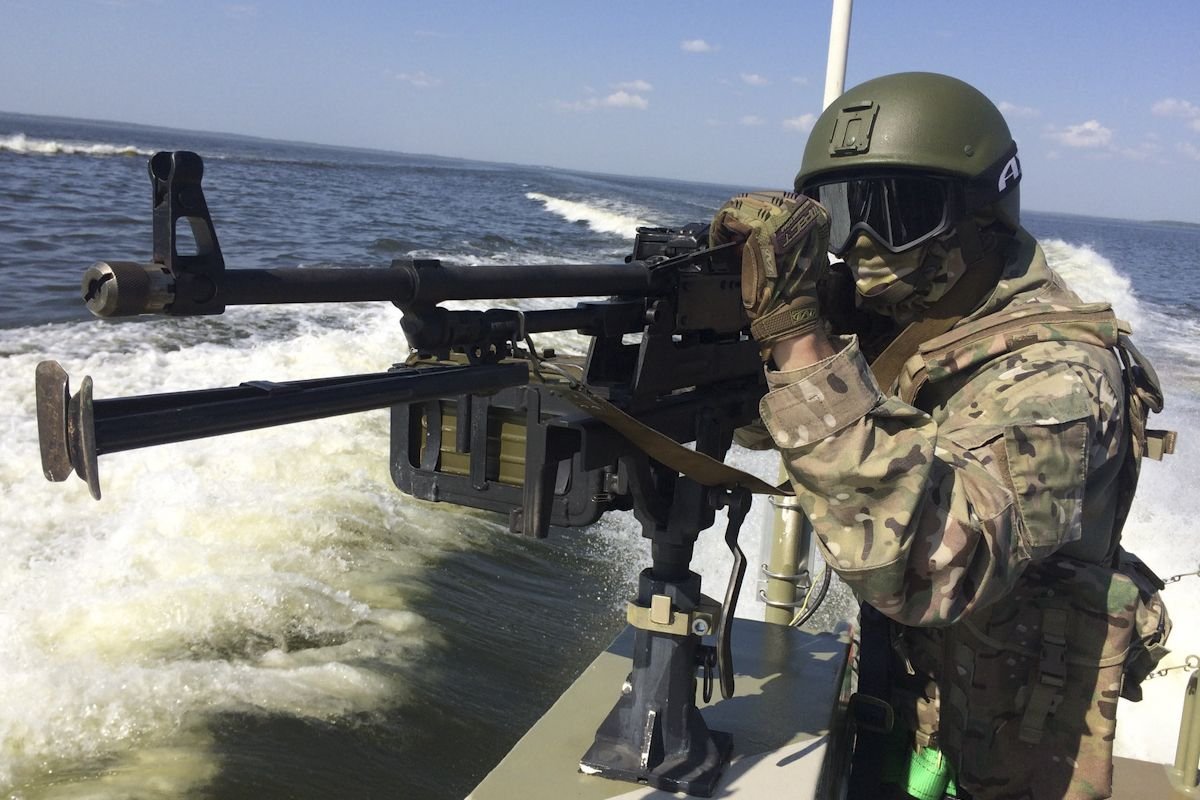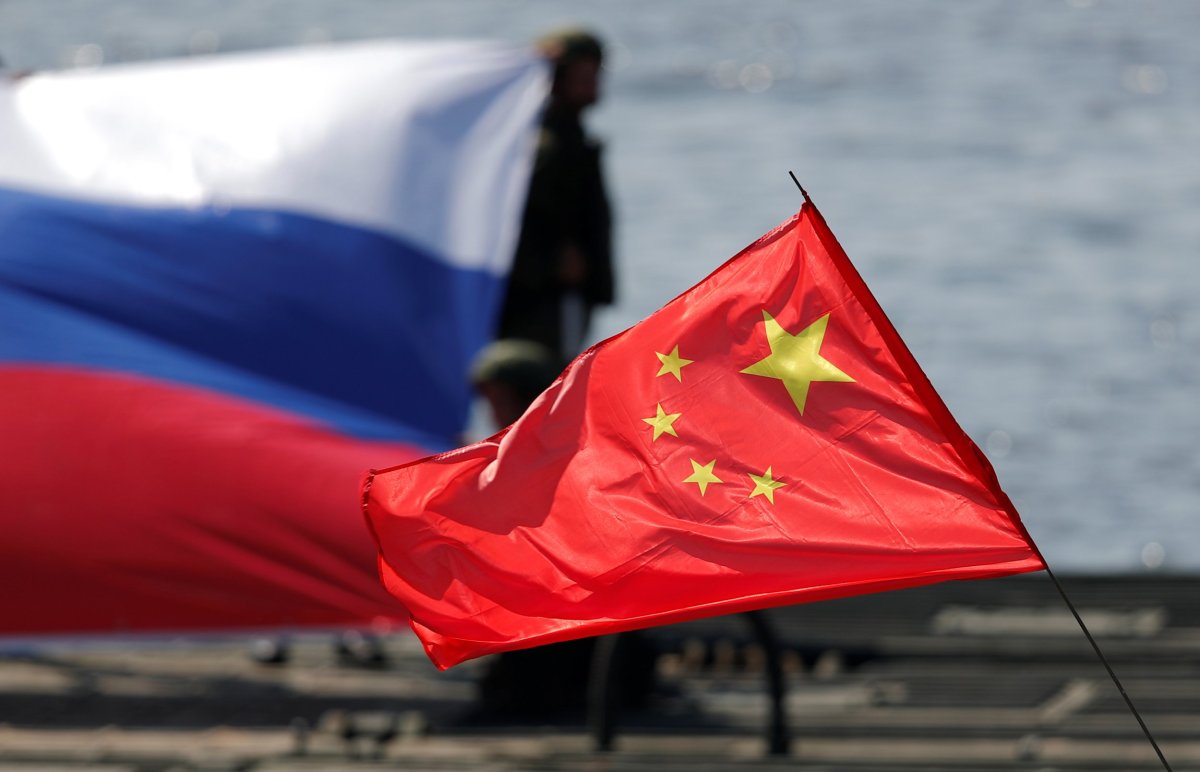The head of the U.S. Navy has warned that Russia's resurgent maritime power presented a greater threat to his forces than any point since the Cold War.
U.S. Chief of Naval Operations Admiral John Richardson told the Voice of America news outlet Tuesday that Russia's submarine activity had reached a higher level than "we've seen in 25 years," around the time of the collapse of the Soviet Union. Led by President Vladimir Putin, Russia's navy has sought to reclaim its former glory and expand its global military capabilities from the Mediterranean to the Pacific and beyond.
Richardson also called China's wider naval presence a "new dynamic" as it presented a "ready and capable" threat to U.S. forces. He said that Russia and China's heightened military activity near the U.S. coast had recently prompted the U.S. Navy to reactive its 2nd Fleet and that the two major powers' growing appearance in the Northern Atlantic was particularly concerning.

A day after Richardson's interview, Russia sent its Baltic Fleet warships to the Gulf of Aden to conduct an anti-piracy mission. Likewise, it shipped its Northern Fleet through the English Channel and toward the Arctic to carry out various operations designed to enhance the country's naval posture, according to the state-run Tass Russian News Agency. During their journey through the English Channel, the Russian Northern Fleet's Slava-class missile cruiser Marshal Ustinov and Udaloy-class destroyer Severomorsk were closely monitored by the U.K.—a close U.S. ally and fellow member of the NATO Western military alliance, which has bolstered its defenses in the Baltics and elsewhere in response to perceived Russian aggression.
On Thursday, the two Russian warships conducted combat operations that emphasized "training the actions of personnel in the use of weapons and technical means of the ship," according to the Russian Ministry of Defense, which added that the "exercises are conducted to assist ships that are conventionally in distress at sea and in the struggle for vitality." The maneuvers reportedly included those aimed at blocking attacks from air and undersea.
In developing its military prowess, Russia has also occasionally teamed up with mutual U.S. rival China. The two have conducted annual naval drills known as Joint-Sea and have announced that this year's installment will take place in the Yellow Sea, off the coast of the eastern Chinese city of Qingdao. China has also sent vital military assets to participate in Russia's yearly International Army Games.

The Russian and Chinese armed forces still lag far behind their U.S. competitor, but leading Pentagon officials have warned that both countries were working hard to close the gap. In addition to the Navy's reactivation of the Second Fleet, the Army has also moved to establish a new command of its own dedicated specifically to ensuring that U.S. troops have access to cutting-edge technology.
Calling this move the "the biggest organizational change since 1973"—a period of heightened tensions between the U.S. and the Soviet Union—Army Secretary Mark Esper told the Aspen Security Conference last month that the U.S. was "going to need to be prepared for high-intensity conflict and that we should look at strategic competitors such as China and Russia as the ones to pace ourselves against." He said, "Over the five to 15-year period, we see Russia as our pacing threat," while "the long-term threat is clearly China."
Uncommon Knowledge
Newsweek is committed to challenging conventional wisdom and finding connections in the search for common ground.
Newsweek is committed to challenging conventional wisdom and finding connections in the search for common ground.
About the writer
Based in his hometown of Staten Island, New York City, Tom O'Connor is an award-winning Senior Writer of Foreign Policy ... Read more
To read how Newsweek uses AI as a newsroom tool, Click here.








